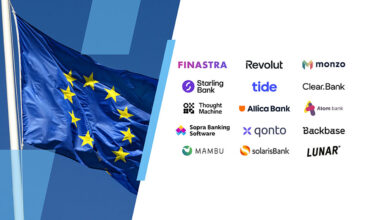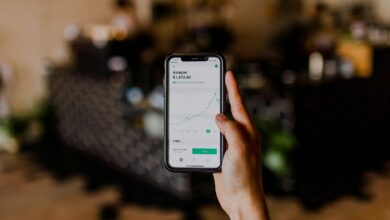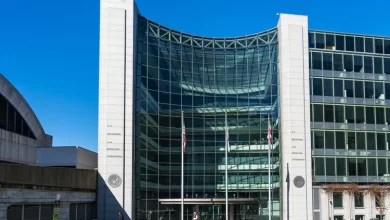Bridging hearts: how blockchain enhances transparency in philanthropic donations

[The content of this article has been produced by our advertising partner.]
For donors, whether they are corporations giving back to society, family offices engaged in philanthropy or individuals making monthly contributions, it is vitally important for charities to provide tangible evidence that donations are reaching the intended causes.
Knowing that donations are being used for their intended purpose not only builds trust, but also encourages continued and increased support.
Recognising this need for transparency and security, Hong Kong fintech startup Coda Bridge has launched a ‘Purpose-Bound Money’ (PBM) platform, a charity project that uses blockchain to ensure accurate tracking of charitable donations.
The pilot project, the first of its kind in Hong Kong, is in partnership with Ronald McDonald House Charities (RMHC) Hong Kong and Dignity Kitchen, a social enterprise that employs physically challenged and disadvantaged people.
Powered by blockchain technology, the PBM platform uses smart contracts to distribute electronic meal vouchers worth HK$500 for eligible families (quota: 200), enabling them to eat at Dignity Kitchen.
Broadly speaking, this platform guarantees that donations reach the intended recipients and are spent on designated purposes, providing unprecedented transparency and integrity in the donation process.
“This ensures that every transaction is trackable and immutable, which helps build trust among donors, charities, social enterprises and beneficiaries,” says James Loh, chairman and CEO of Coda Bridge, adding that families receiving the digital vouchers can use a QR code on their mobile phone for payment, ensuring a seamless and dignified experience.
“We are pleased to be the first partner of this innovative initiative. This collaboration enables us to support families with sick children and aid a remarkable social enterprise. This pilot is a testament to how technology and compassion can come together to drive meaningful change,” says Grace Fung Oei, the RMHC Global Board of Trustees and RMHC Hong Kong chairperson.
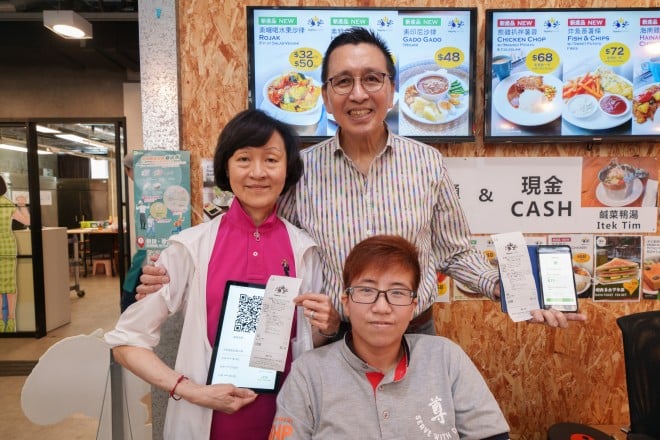
Once this pilot project runs smoothly, Coda Bridge will expand it to Singapore to support migrant workers and other underserved communities. “We envision a future where blockchain technology plays a pivotal role in societal transformation,” Loh adds.
Stevenson Chan, chief operating officer of Coda Bridge, furthers that the PBM platform is not just about charity, but has the potential to transform various financial transactions by ensuring funds are used for their intended purposes.
The platform’s potential reaches well beyond charitable donations. It can transform the management of education funds, government disbursements, social security, e-commerce, and prepaid packages, Chan explains.
Loh emphasises that security and compliance are at the core of the platform. “We aim to demystify blockchain and show its potential for good. We are preparing for a future where digital currency can enhance our platform’s scalability,” he says.
Recognising the growing interconnectedness between traditional finance and virtual asset markets, the Hong Kong Monetary Authority (HKMA) is developing a regulatory regime for stablecoin issuers.
To aid this process, the HKMA has launched a sandbox arrangement to facilitate industry feedback on the proposed regulations.
The PBM platform currently uses tokens as underlying assets. During implementation, Coda Bridge provides merchants with a handheld tablet to facilitate the acceptance of tokenised vouchers.
At the end of each accounting period, such as the end of each month, social enterprises can redeem the digital vouchers collected from beneficiaries for cash through a reconciliation process with the donors, Chan explains.
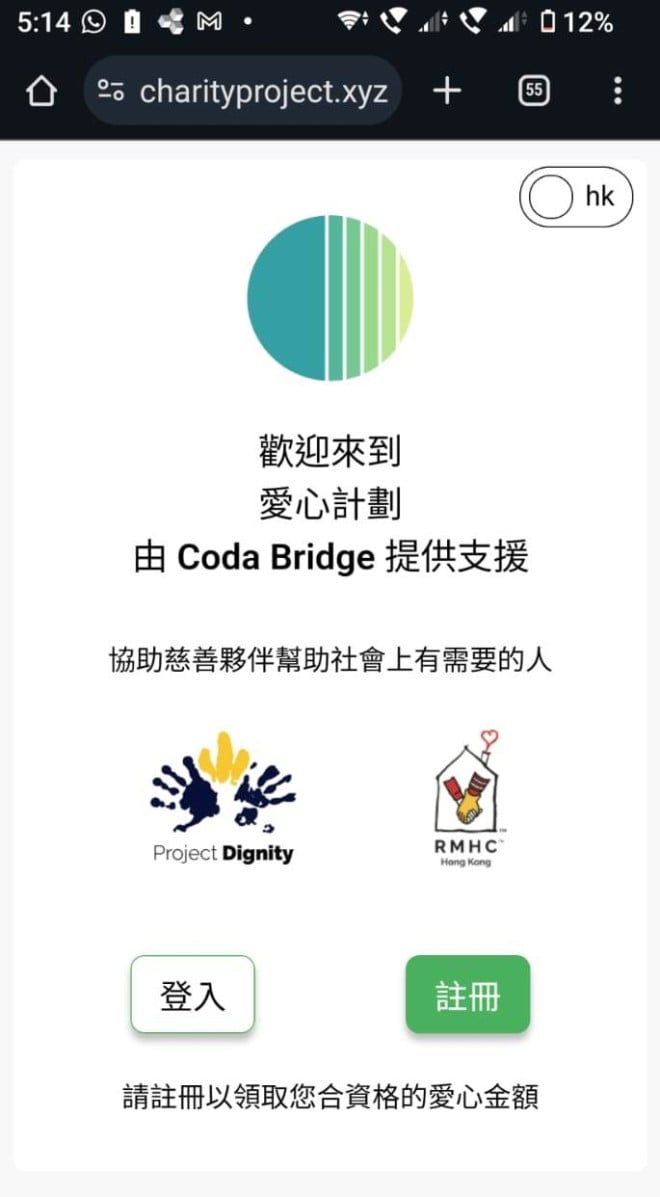
The system is now being tested by RMHC beneficiaries dining at Dignity Kitchen. This trial phase allows Coda Bridge to check and fine-tune the system before expanding to other use cases.
When asked how Coda Bridge ensures its business sustainability as a venture, Chan explains that the company generates revenue by offering smart contract development services to merchants if they have no such expertise.
Meanwhile, for each transaction processed through the platform, Coda Bridge charges a small fee. This revenue model provides a steady income stream while maintaining affordability for users.
“We are also in discussions with universities to gather their insights, explore new use cases, and develop innovative ideas,” says Chan.
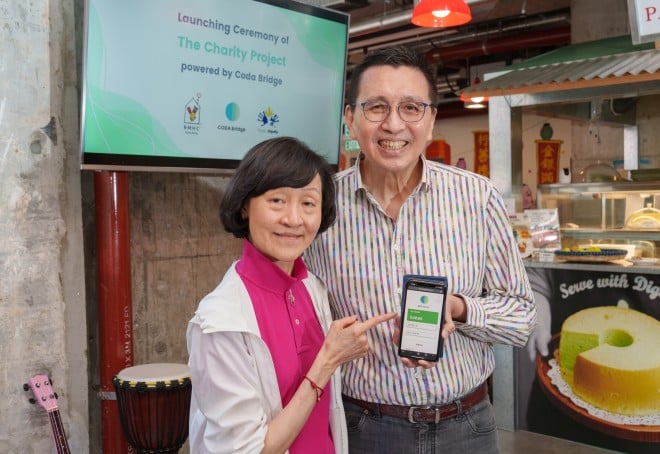
“This is just the beginning,” says Loh.
“As we move forward, we will continue to innovate and find new ways to leverage technology for the benefit of society. Our mission is to build a future where every dollar donated is used to its fullest potential, creating lasting positive impact.”
Headquartered in Hong Kong and backed by leading venture capitalists, Coda Bridge merges the expertise of finance and IT professionals to drive efficiency in digital transactions through its blockchain-based PBM platform.
Blockchain, otherwise known as distributed ledger technology, acts as a decentralised digital ledger that securely and transparently records transactions. Using complex algorithms and cryptography, blockchain ensures all transactions are immutable and accessible in real-time to authorised parties.
